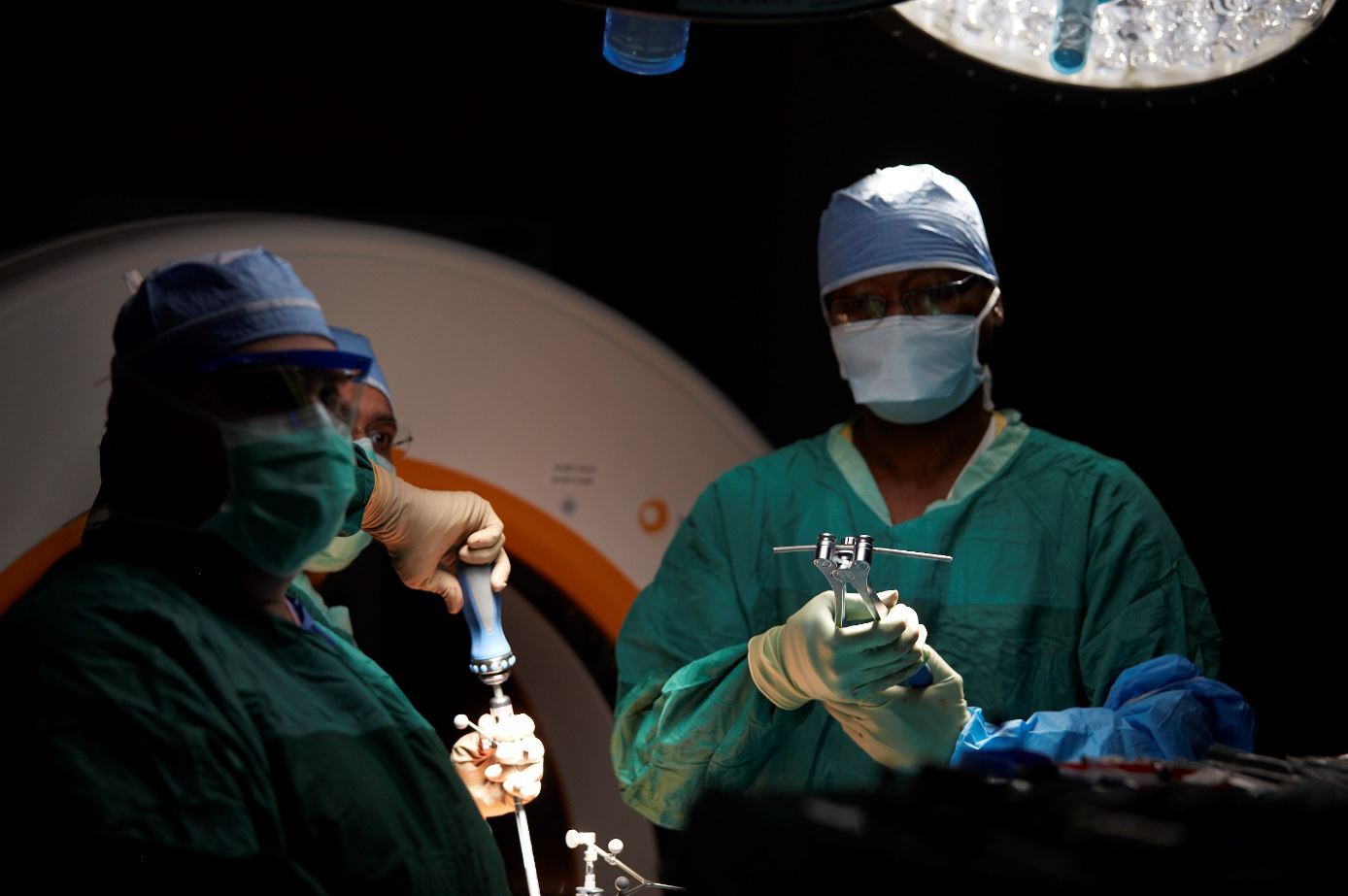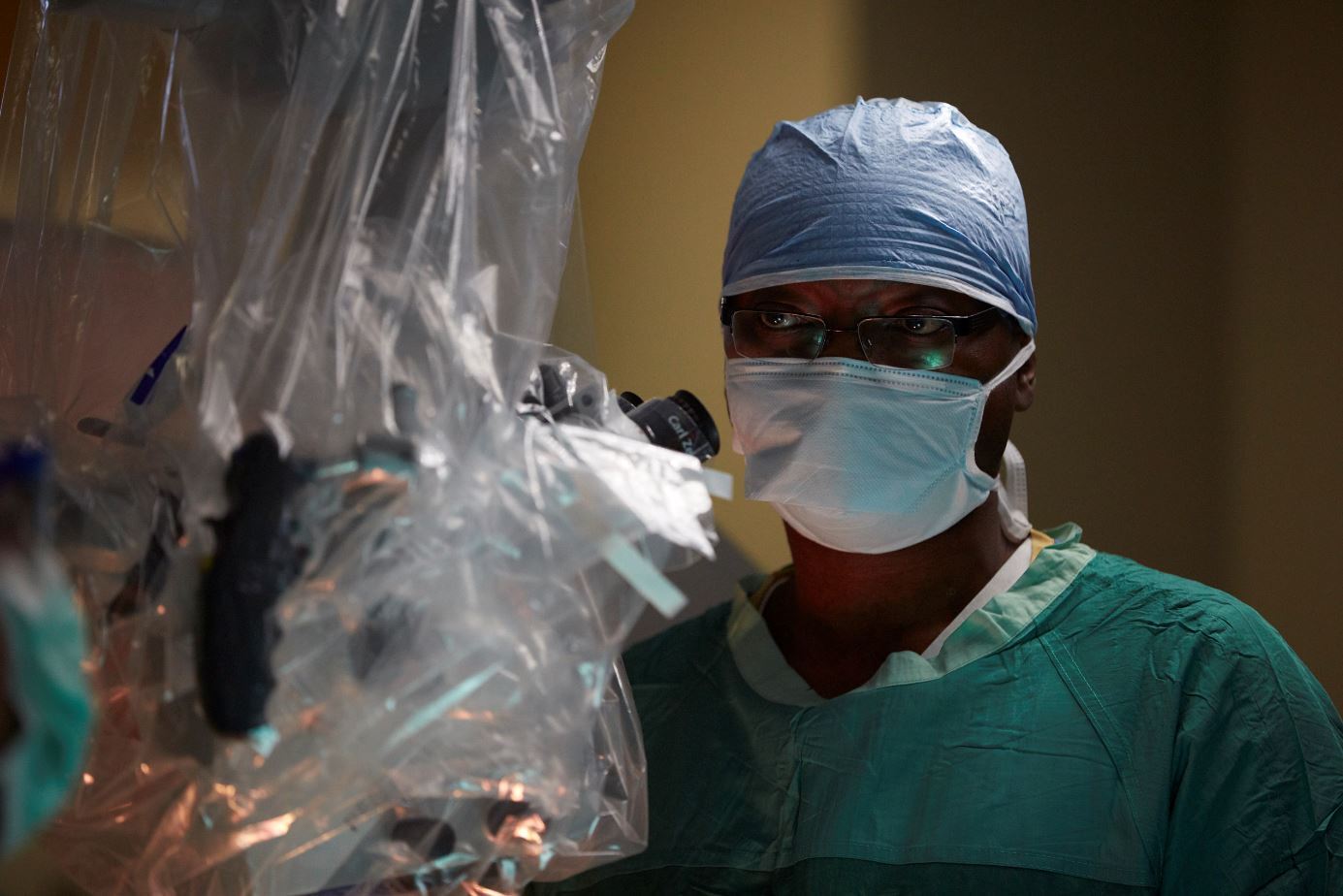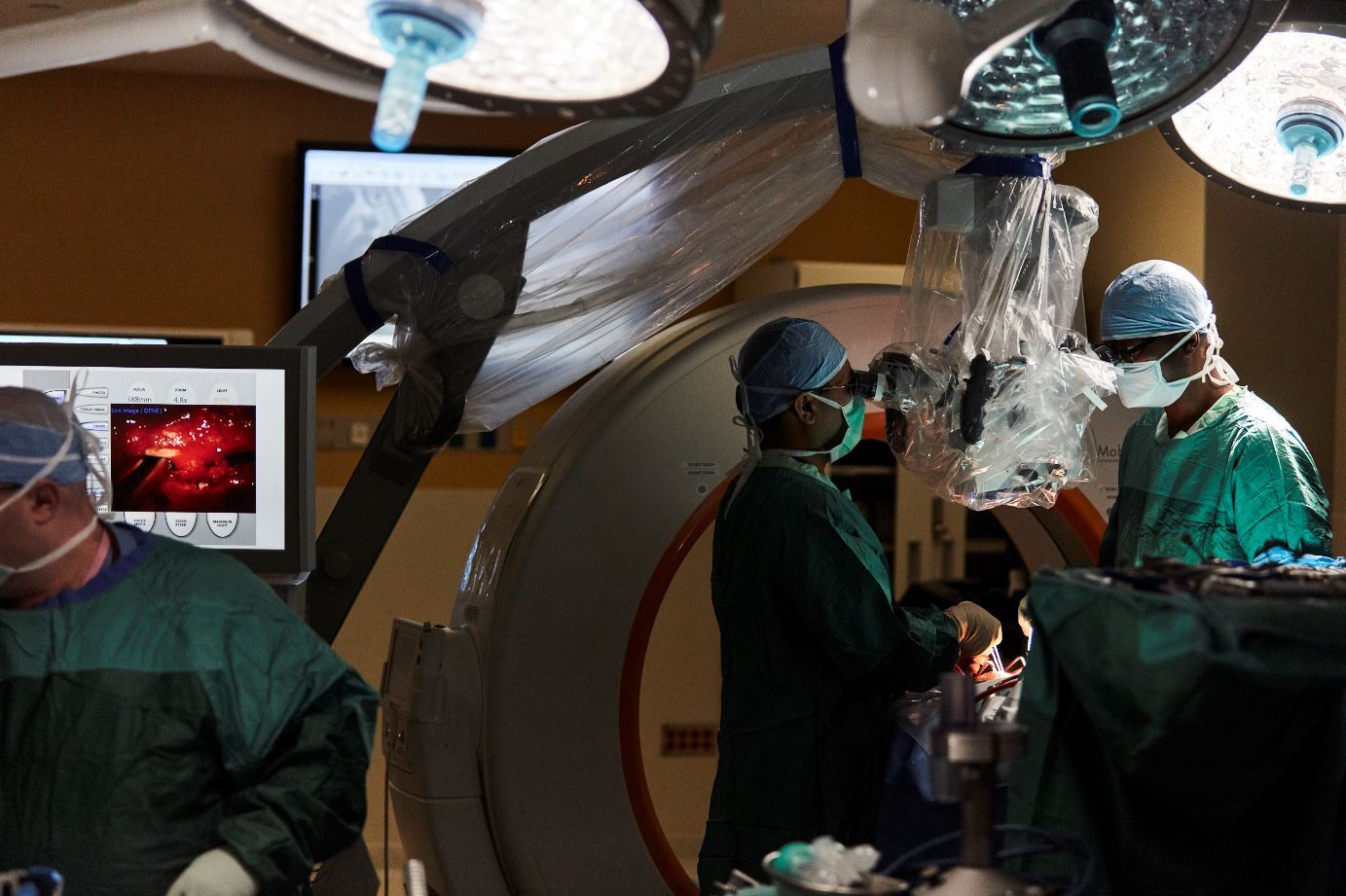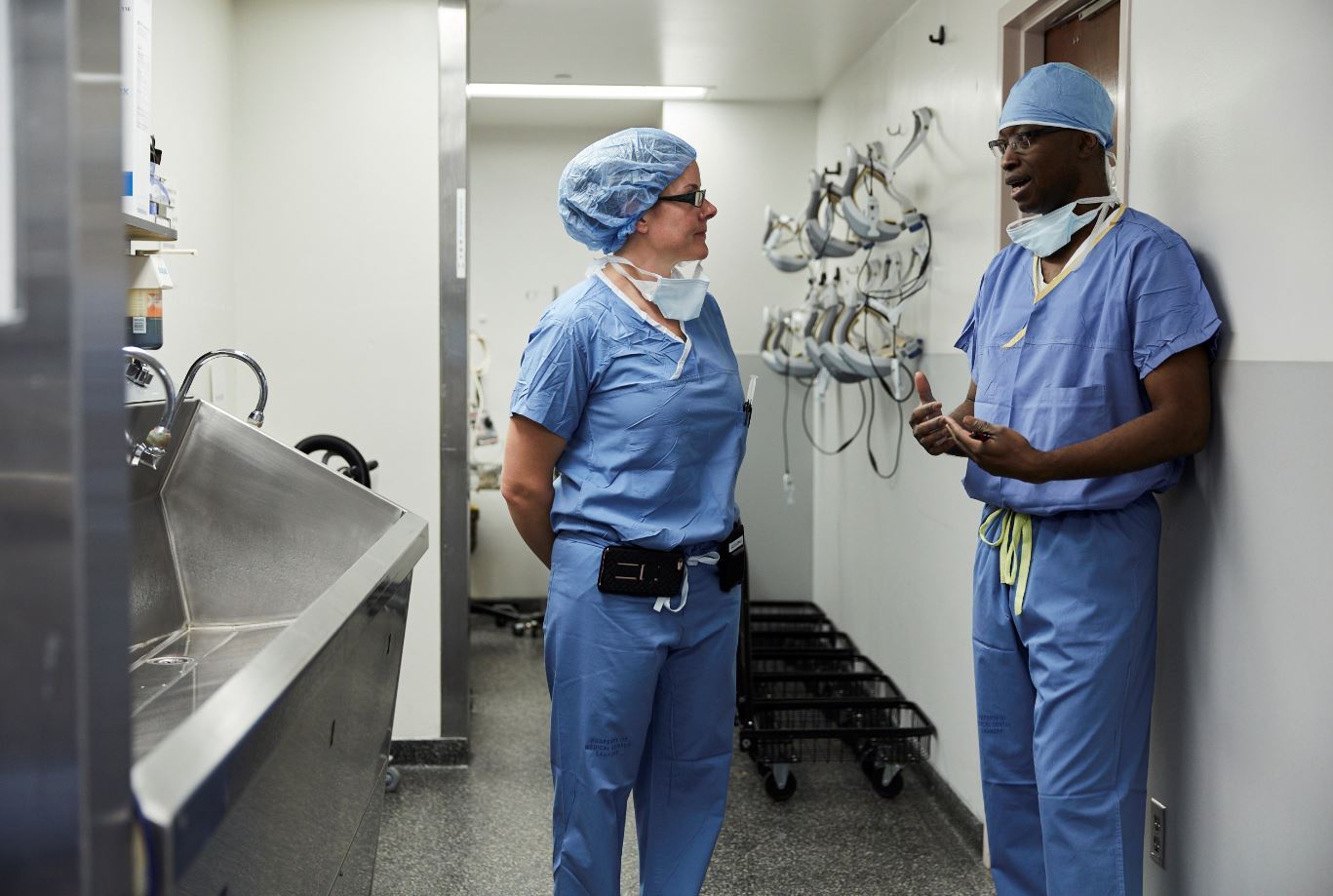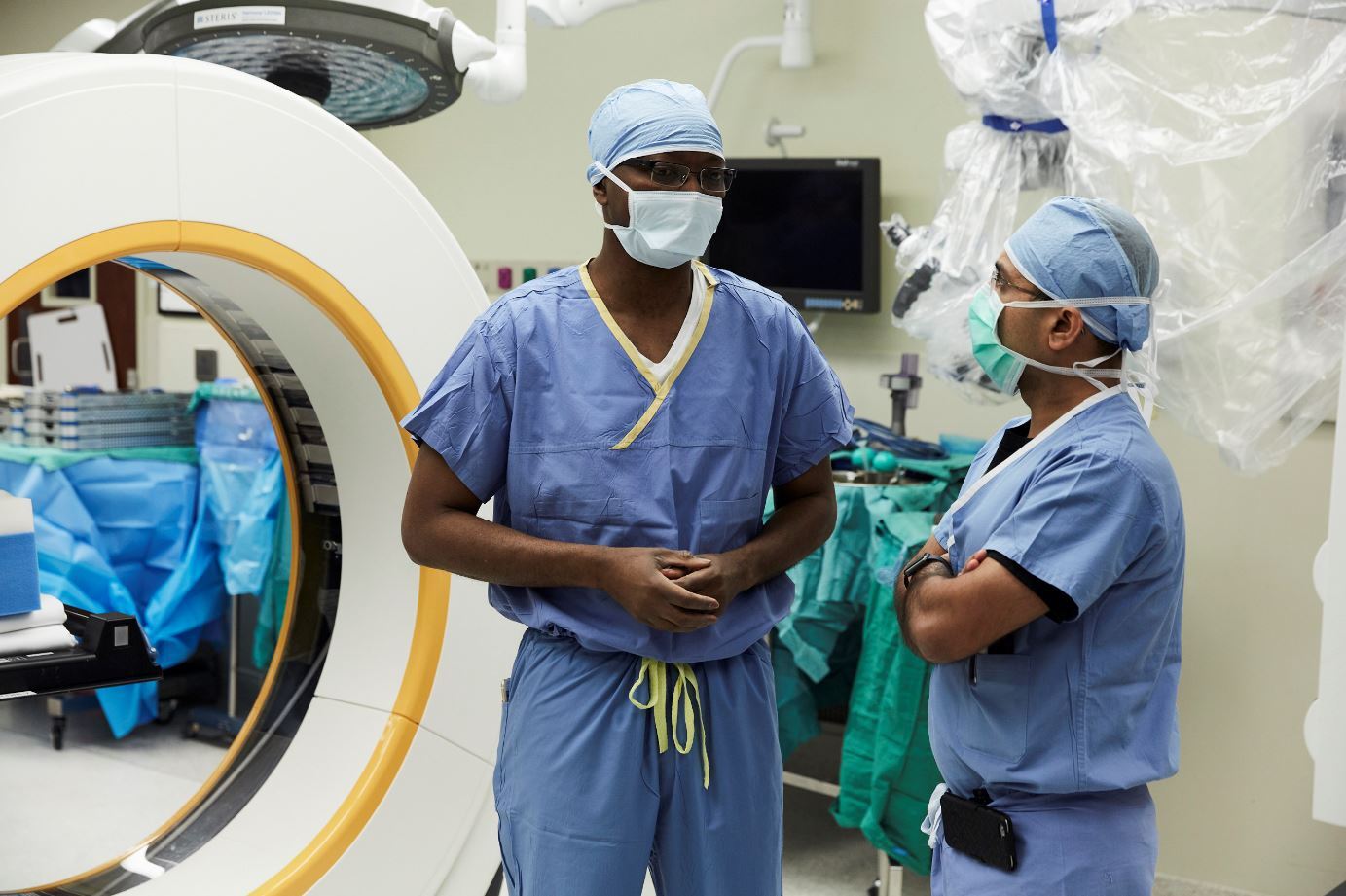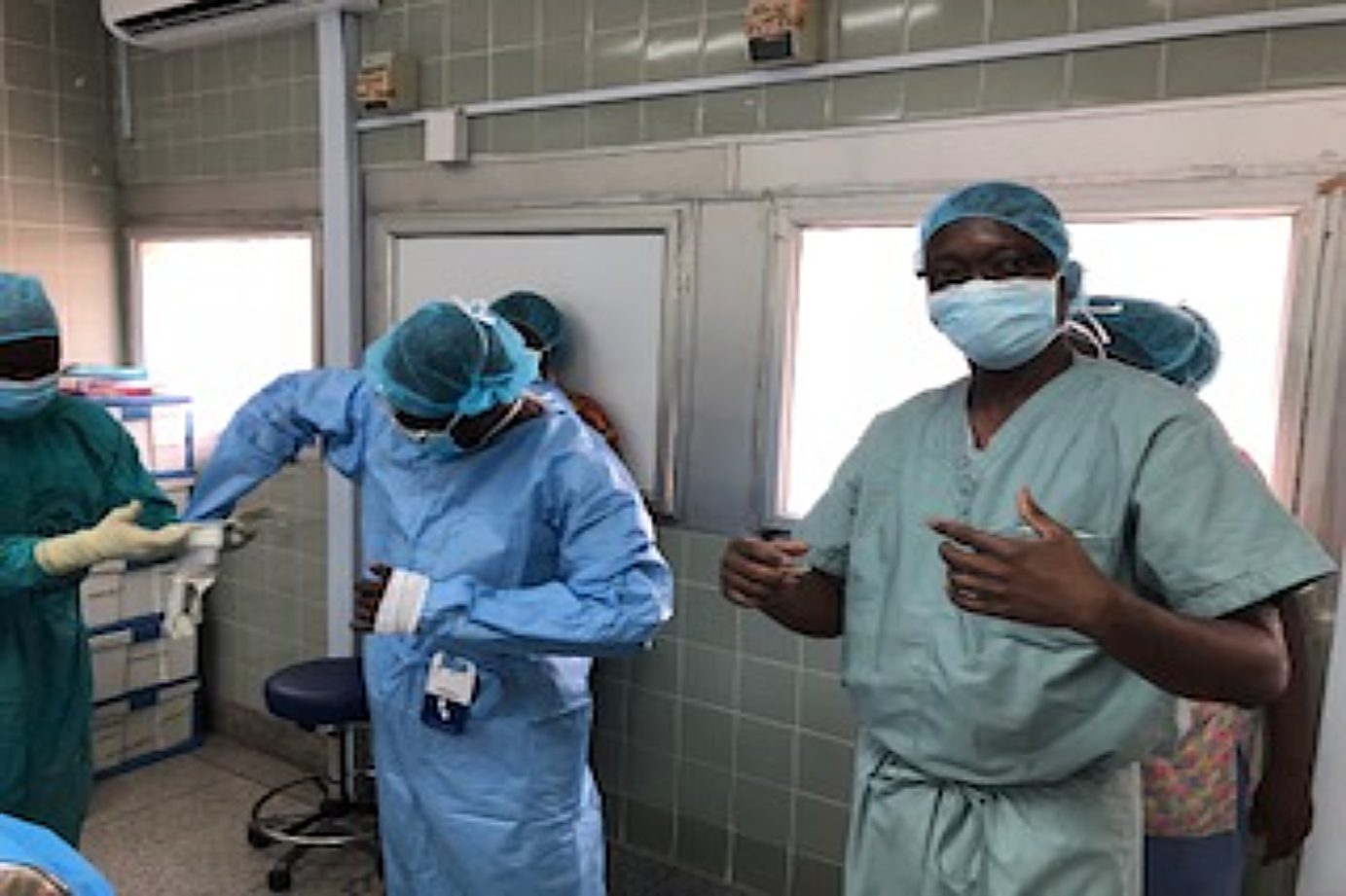Research
Boakye Spinal Cord Injury Lab
Economics of the Management of Craniospinal Chordoma and Chondrosarcoma and the feasibility of the bundled payment model
Patterns and Impact of Electronic Health Records-Defined Depression Phenotypes in Spine Surgery
Simulating Episode-Based Bundled Payments for Cranial Neurosurgical Procedures
BACKGROUND: Episode-based bundled payments were introduced by Medicare in 2013 as
the Bundled Payments for Care Improvement (BPCI) in order to improve care coordination
and cost efficiency. Read More…
Enhanced Recovery After Surgery (ERAS) for Spine Surgery: A Systematic Review
Spinal Cord Imaging Markers and Recovery of Volitional Leg Movement With Spinal Cord Epidural Stimulation in Individuals With Clinically Motor Complete Spinal Cord Injury
Predictors of volitional motor recovery with epidural stimulation in individuals with chronic spinal cord injury
Clinical Trial Designs for Neuromodulation in Chronic Spinal Cord Injury Using Epidural Stimulation
Characterization of Lower Urinary Tract Dysfunction after Thoracic Spinal Cord Injury in Yucatan Minipigs
There is an increasing need to develop approaches that will not only improve the clinical management of neurogenic lower
urinary tract dysfunction (NLUTD) after spinal cord injury (SCI), but also advance therapeutic interventions aimed at
recovering bladder function. Read More…
Treadmill-Based Gait Kinematics in the Yucatan Mini Pig
Abstract
Yucatan miniature pigs (YMPs) are similar to humans in spinal cord size as well as physiological and neuroanatomical
features, making them a useful model for human spinal cord injury.Read More…
A Two-decade Assessment of Changing Practice for Surgical Decompression and Fixation after Traumatic Spinal Cord Injury – Impact on Healthcare Utilization and Cost
Abstract
Early surgery after traumatic spinal cord injury (TSCI) has been associated with a greater
neurological recovery and reduced secondary complications. In this study, we aimed to
evaluate the trend of early TSCI surgery (within 24 hours) over two decades and the effect on
length of hospitalization, complications, and hospital charges. Read More…
Speaking
Additionally, he has expertise in chess for intellectual enhancement and brain development. He is a dynamic speaker who gives educational and informative talks and can speak on these topics or related areas or serve as a moderator on panels. Please contact Dr. Boakye at DrMaxBoakye@gmail.com for speaking inquiries.

